01/6How your diet impacts your cancer risk

Cancer is an umbrella term for a large number of diseases that are caused by the abnormal growth of cells in different parts of the body. According to the World Health Organization (WHO), it is the second leading cause of death globally. Some of the most common cancers in men include lung prostate, colorectal, stomach and liver cancer, whereas women are more prone to breast, colorectal, lung, cervical and thyroid cancer, as per the health body.
Having said that, it is important to note that our lifestyle, especially our diet, has an integral part to play when it comes to cutting down the risk of cancer. But apart from what we eat, when we eat is a factor, researchers believe must be explored.
Also read: Reverse high cholesterol level with these natural tips
02/6'When you eat' can also affect your risk of cancer


According to a study by researchers from the Barcelona Institute for Global Health, the timing of eating can also determine who is more at risk of developing cancer. It was found that people who regularly eat after 9pm and don’t leave a two hours gap after eating and before bed are at a greater risk of getting cancer - 25% more likely to be precise.
Also read: Heart disease: THIS vitamin deficiency can damage your artery walls
03/6Why does it happen?


The circadian biological clock determines and regulates the sleep-wake cycle and repeats roughly every 24 hours, which is also known as the circadian rhythm. If your body clock is functioning properly and moving as it should, by the time it's 9pm or later, your body should be unwinding to sleep and not becoming more active, which can happen through eating. This then may disrupt the circadian rhythm and may affect sleep, hunger and stress.
04/6About the study


The study evaluated 621 cases of prostate and 1,205 of breast cancers and looked at 872 male and 1,321 female subjects who had never worked a night shift. With the help of interviews and questionnaires, they were asked about the timing of their meals, sleep and chronotype.
People who said that they slept two or more hours after dinner were at a 20 percent lower risk of breast and prostate cancer combined. However, when that was put together with eating late, the risk went up to 25 percent in total.
"Our study concludes that adherence to diurnal (daily) eating patterns is associated with a lower risk of cancer. These findings stress the importance of evaluating timing in studies on diet and cancer," said Doctor Manolis Kogevinas, lead author of the study.
While more research is required to determine why the timing of eating affects the risk of cancer, certain evidence suggests that it could be due to the disrupted sleep pattern.
05/6The role of sleep


The World Health Organisation's International Agency for Research on Cancer (IARC) in 2007 concluded that shift work that involves circadian disruption, which is any change in sleep pattern, is probably carcinogenic for humans, which means that this factor has the potential to cause cancer.
As discussed, the body clock follows a 24-hour cycle, which controls when we wake up, our appetite, our body temperature, and our mood. Any disruption to it has been linked to an increased risk of cancer.
06/6Other risk factors of cancer to note


As per the WHO, tobacco use, alcohol consumption, unhealthy diet, physical inactivity and air pollution are risk factors for cancer and other noncommunicable diseases.
Certain infections are also said to increase one's risk of cancer. "Approximately 13% of cancers diagnosed in 2018 globally were attributed to carcinogenic infections, including Helicobacter pylori, human papillomavirus (HPV), hepatitis B virus, hepatitis C virus, and Epstein-Barr virus (2)," says the global health agency.





































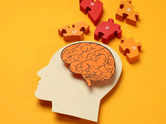










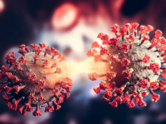
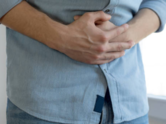
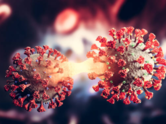
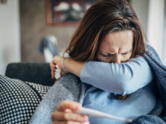

















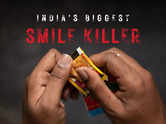






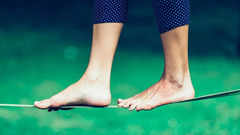









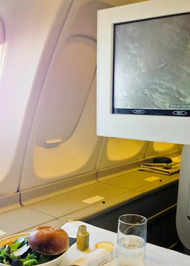






















closecomments
SIGN IN WITH
GoogleEmail